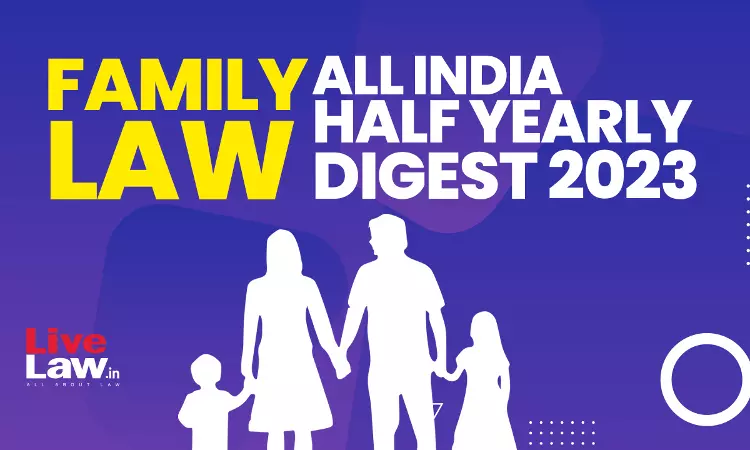Next Story
7 Oct 2023 3:57 PM IST
SUPREME COURTCriminal Proceedings For Dowry Demand Cannot Be Quashed Merely Because Divorce Petition Is PendingCase Title: X vs State of Uttar Pradesh Case Citation: 2023 LiveLaw (SC) 26The Supreme Court bench comprising of Justices M R Shah and C T Ravikumar observed that criminal proceedings for demand of dowry cannot be quashed merely because divorce petition is pending.'Woman Not A...

